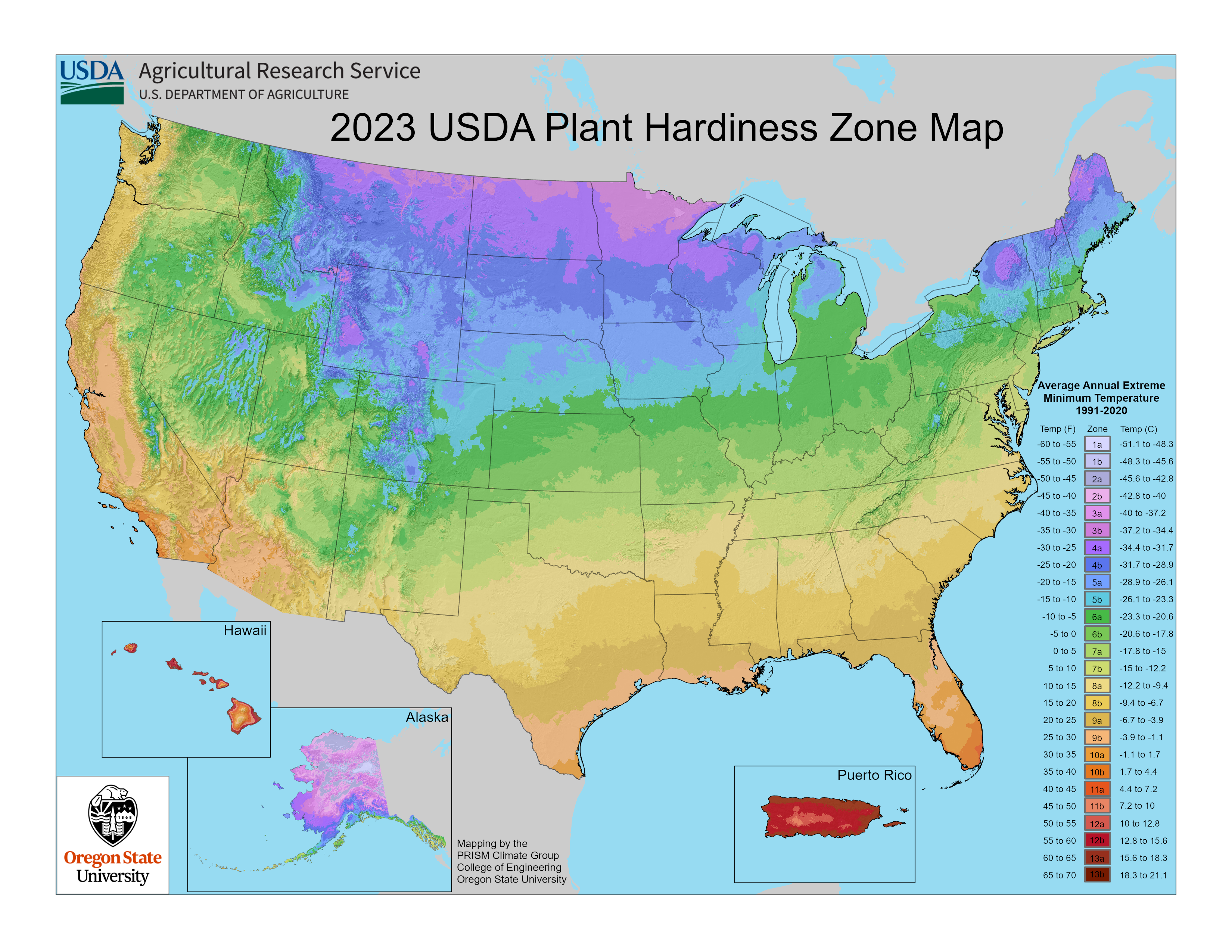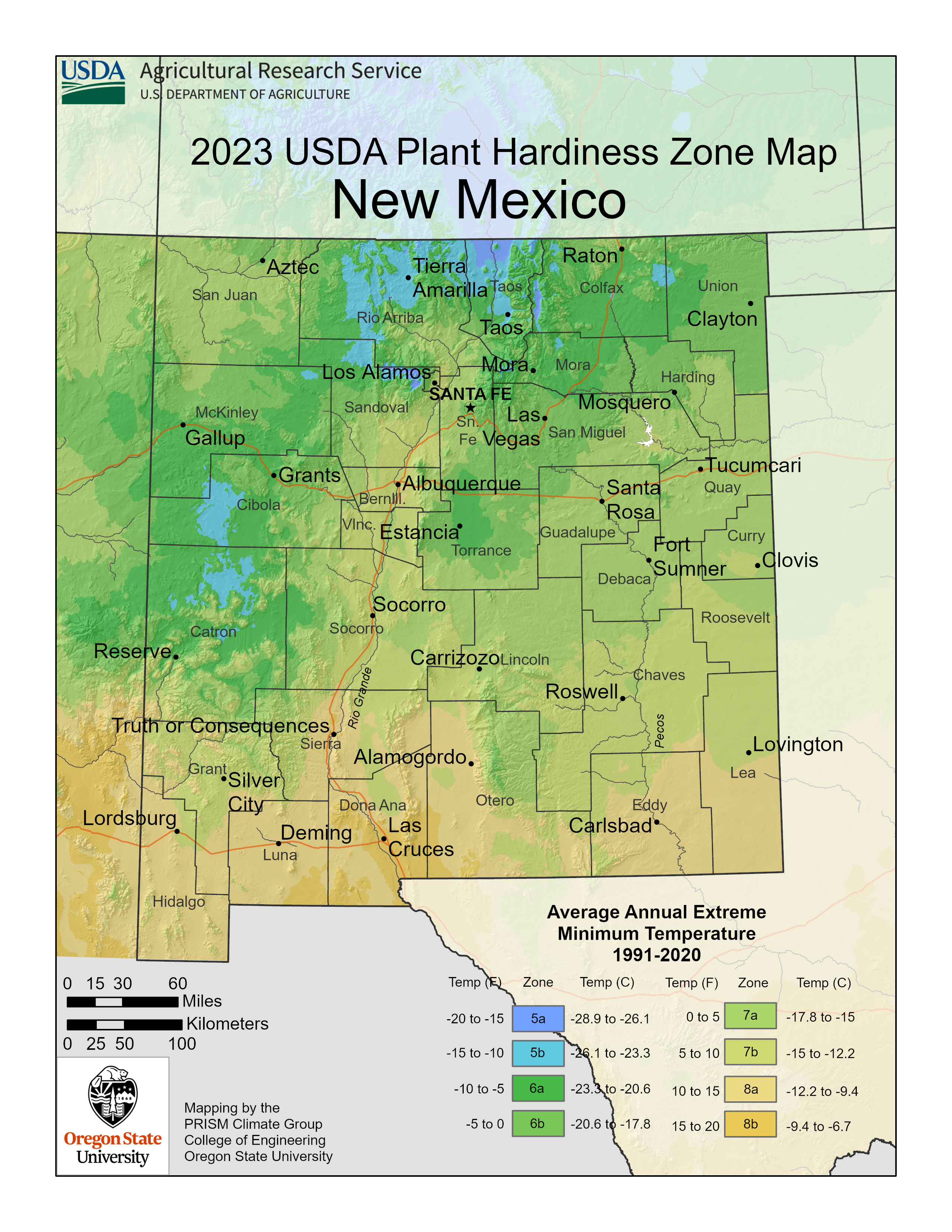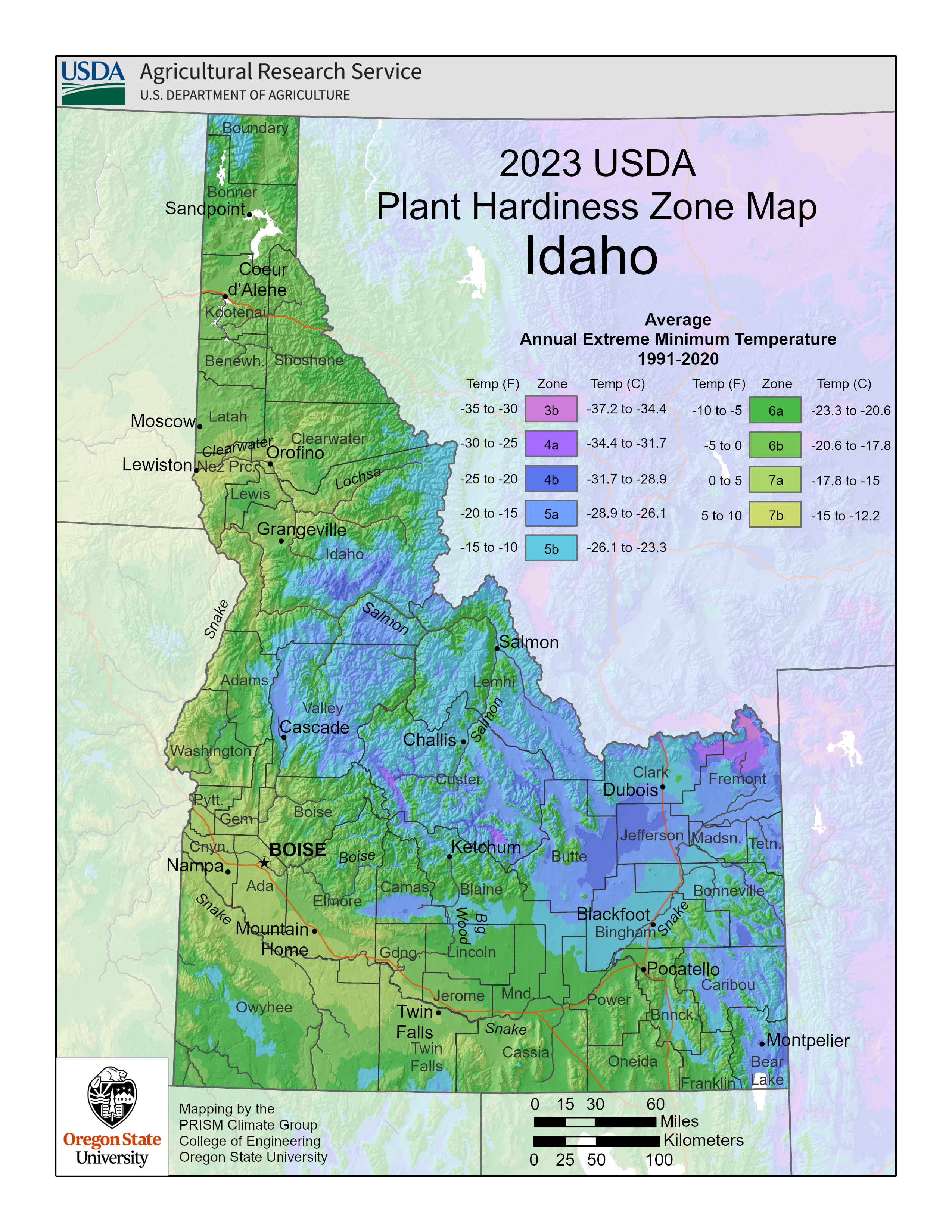No. Hummingbirds do not eat wasps and bees. But, surprisingly, some of these birds fear the tiny insects and their sting.
As a result, they will often leave them alone or try to chase them away.
Although they all try to feed on the same nectar, there is no conclusive proof that hummingbirds eat bees.
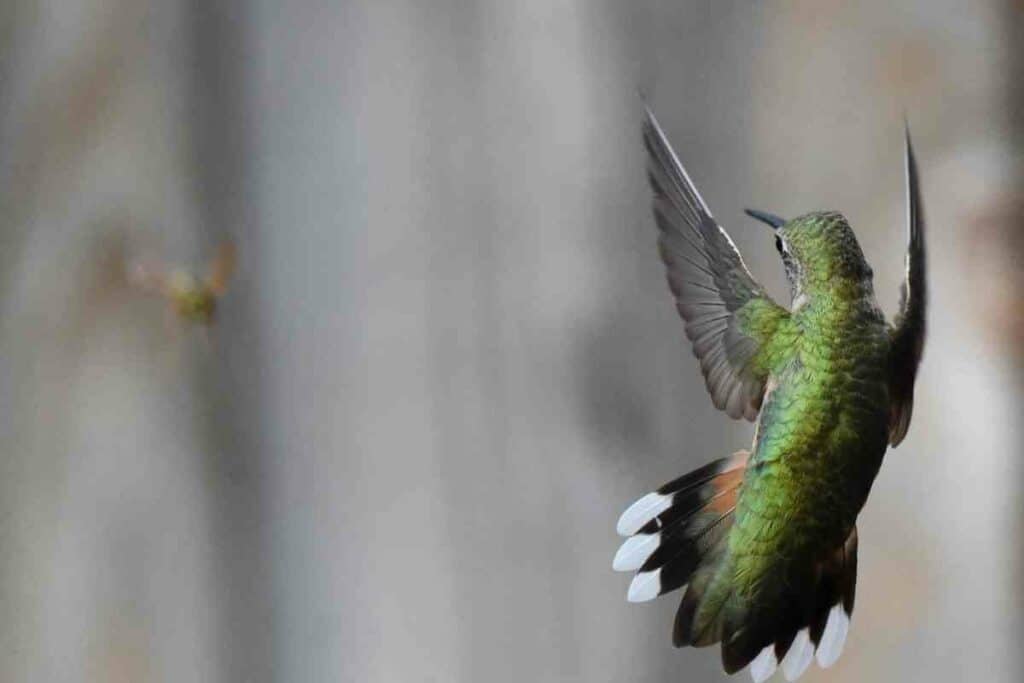
So keep reading to glimpse the sweet nectar-sucking world of hummingbirds, wasps, and bees.
Nectar, As A Food Source
The relationship between hummingbirds, wasps, and bees comes from their love of the same food source, nectar.
As long as there is nectar nearby, the three will always have a love-hate relationship that leads to death.
Nectar is found naturally at the base of flower stamens.
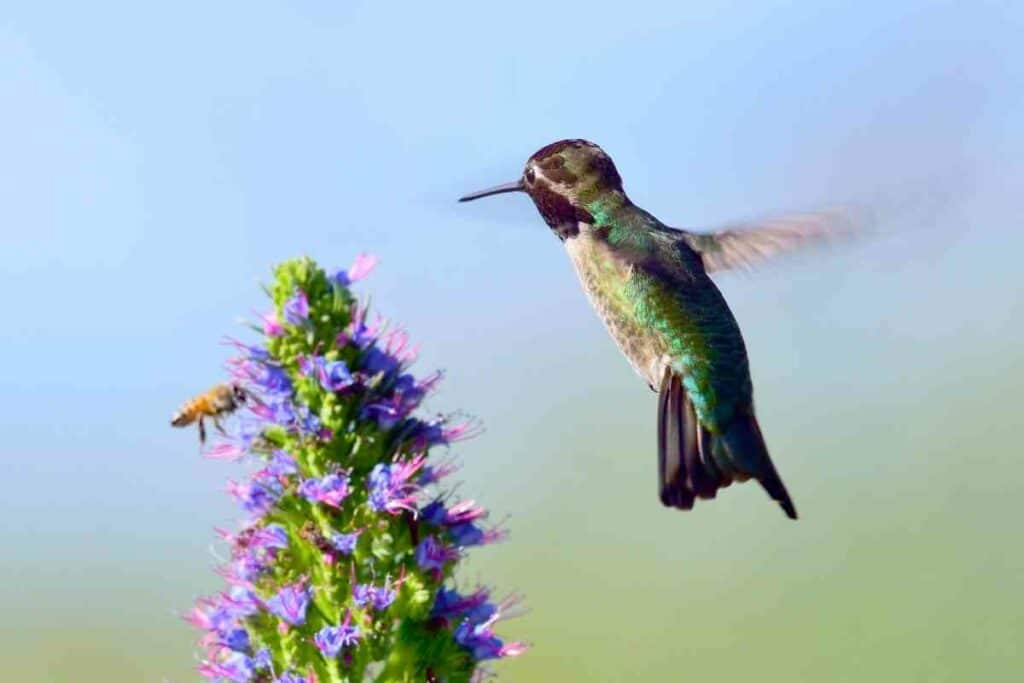
Besides providing sustenance for birds and insects, its primary purpose is to help with pollination and fertilization for seed production.
A single flower will only hold small amounts of nectar, which causes the animals to visit several in a day.
Alternatively – Bird lovers provide home-style nectar to the birds using hummingbird feeders. If you have hummingbird feeders in your backyard or garden, observe the bird’s interaction with insects.
Since they both require nectar to survive, they will have an equal attraction to the sweet substance in the feeder.
When nectar is available, hummingbirds, wasps, and bees will come together to feed. Bees do not sting hummingbirds unless they are under threat.
Therefore, it is common to see them sharing a nectar source with hummingbirds. However, a large swarm of bees can easily scare off timid hummingbirds.
On the other hand, wasps can get quite hostile, especially in large numbers.
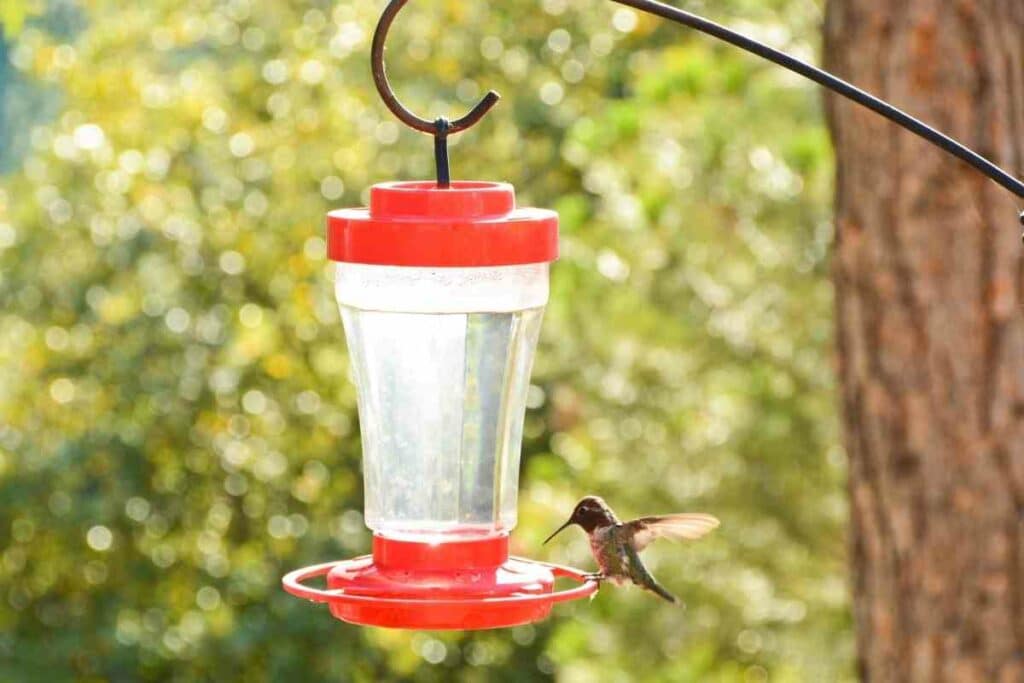
So when hummingbirds find a flower patch or feeder with a large occupation by wasps, they tend to shy away.
The insects can get so overwhelming that hummingbirds will stop coming to feed.
That is why most people try to find a solution to keep insects away from their hummingbird feeders.
Will Hummingbirds Eat Bees?
There is no evidence to suggest hummingbirds eat bees.
Their beaks cannot easily grasp a flying bee, although it is said they prey on other insects.
While the birds and bees use a similar food source, their relationship is mostly friendly.
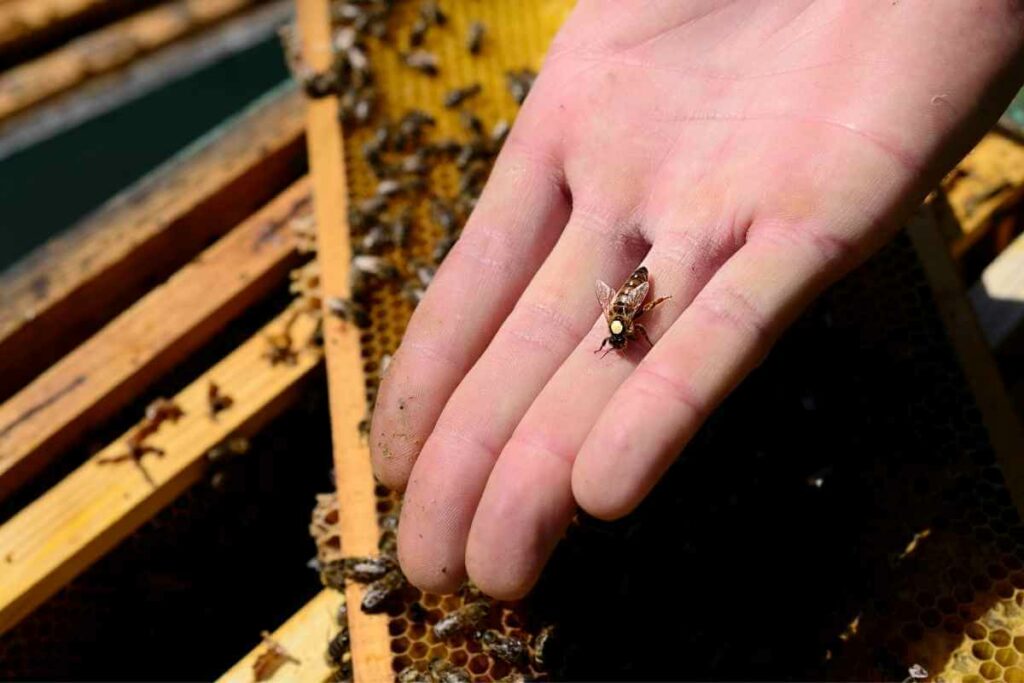
Thus, bees use the nectar they collect to form honey. If a bee stings a hummingbird, it will be to protect itself from a threat.
A bee sting is fatal for these quick birds due to its small body size.
Similarly – Once the honey bees release the venom by stinging another animal, it dies due to the stinger’s physical structure.
Will Hummingbirds Eat Wasps?
Wasps offer no nutritional benefits to hummingbirds.
Additionally, they are larger and more aggressive than bees, so the birds avoid them.
Their relationship is usually one of conflict, and wasps may sting to kill hummingbirds.
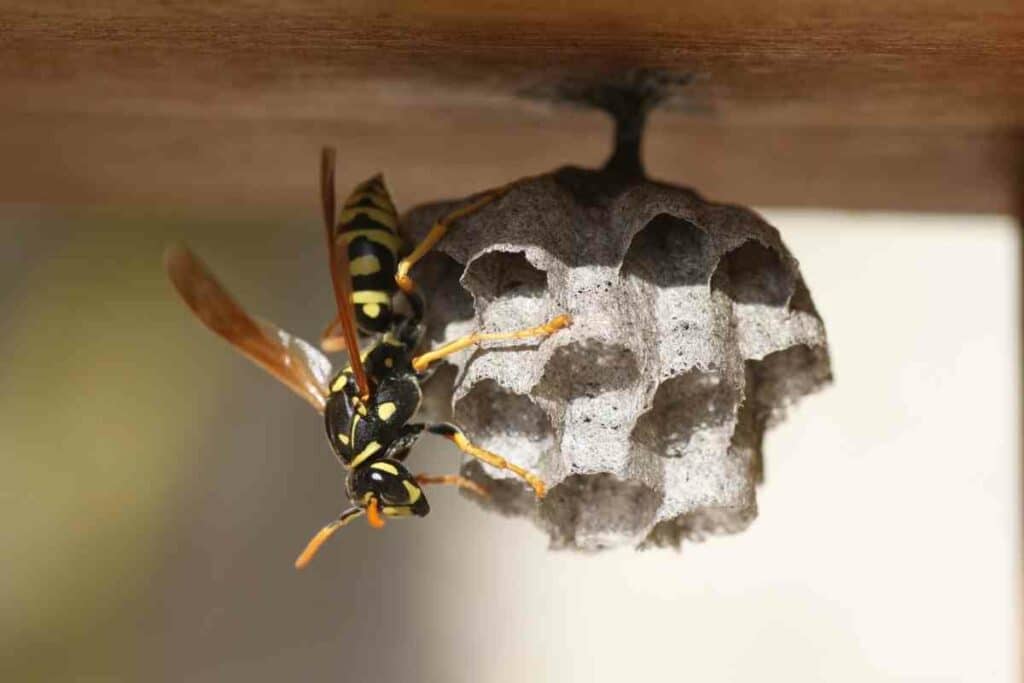
On the other hand, bird observers have seen hummingbirds kill wasps, especially if they threaten their food source.
Wasps search for small insects to prey on as food for their larvae, which are common around plants.
So if you have more hummingbirds, wasps will stay away as there will be fewer insects to eat.
Unlike honeybees, wasps do not die after stinging other animals. But, unfortunately, they will keep stinging, killing the birds, a reason hummingbirds avoid them.
Once they take over a feeder, the birds will stay away by moving on to a safer food source.
Do Hummingbirds Eat Insects At All?
Although it is evident hummingbirds do not eat wasps or bees, they tend to feed on other insects and bugs.
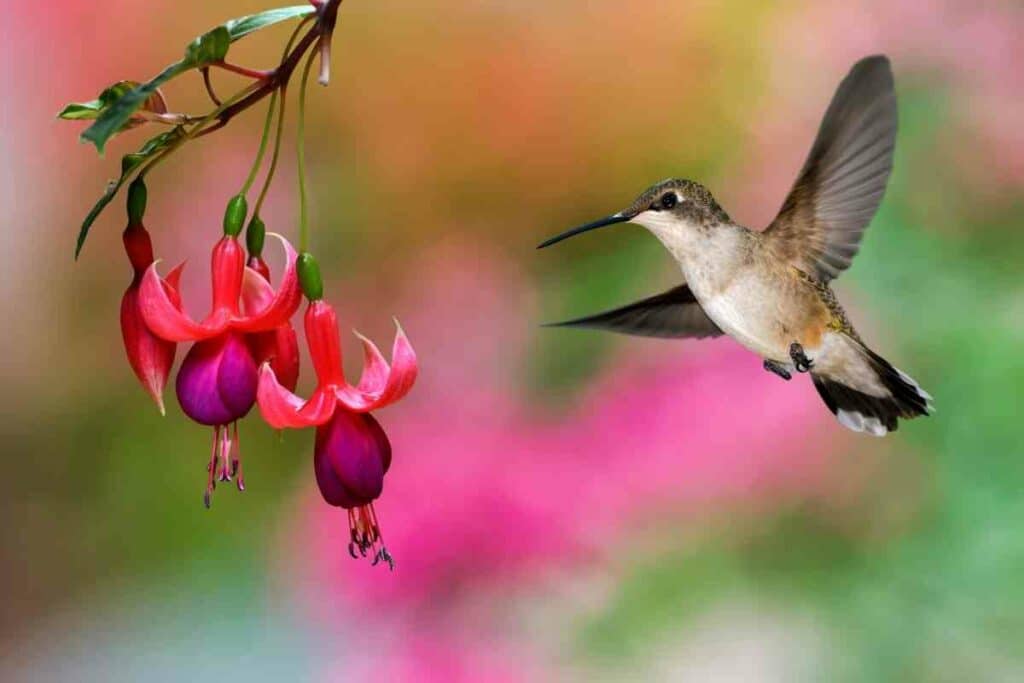
For example, while pecking around the nectar in flowers, the birds will come across spiders, flies, and beetles, which they ingest.
Nectar is their primary food source as it provides them with energy. However, hummingbirds get their proteins, minerals, and vitamins from eating small insects.
Therefore, flowering plants provide a natural source for hummingbirds’ nourishment and the best breeding ground for tiny insects to eat.
Hummingbird Feeders
Most people love the sound of birds in their backyard or garden.
Therefore, to attract hummingbirds, they will hang up artificial feeders filled with a mix of sugar and water.
The homemade nectar will, however, attract not only the birds but wasps and bees alike.
Keeping Wasps And Bees Away From Hummingbird Feeders
There are a few ways to prevent wasps and bees from invading your hummingbird feeder and chasing away the birds.
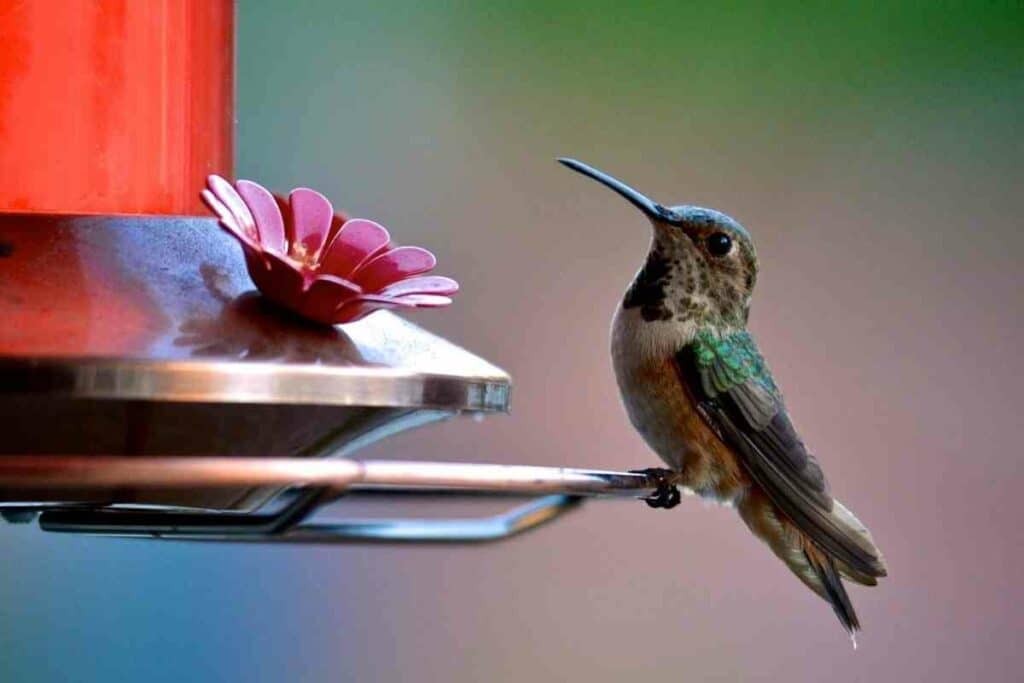
They include:
- Putting up a wasp trap prevents the wasps from getting into the feeder.
- Strong smells like leftovers in garbage cans can attract wasps, yellow jackets, and hornets. Ensure all garbage containers are clean and have a lid cover.
- Keep moving your hummingbird feeders every few days. Unfortunately, wasps and bees are not clever insects and will not easily find a new location.
- Limit insects’ access to the feeder using a bee or wasp guard. It is an in-built part of the feeder that prevents insects from accessing the nectar, but the birds can.
- Avoid having feeders that are dirty or leak, as they attract bees and wasps.
- Dilute the sugar and water solution using more water to deter bees. They will not like the taste as they prefer it sweeter. However, hummingbirds do not mind and will still come to the feeder.
Conclusion
Although we may think hummingbirds eat bees and wasps, that is not the case.
Instead, these birds have a co-existing relationship that sometimes fails. Bees and hummingbirds often eat alongside each other until one feels threatened.
On the other hand, wasps are naturally aggressive and will most likely drive away hummingbirds.
Yet, these birds form an essential part of the ecosystem, making it necessary to find a way to create a working relationship.
